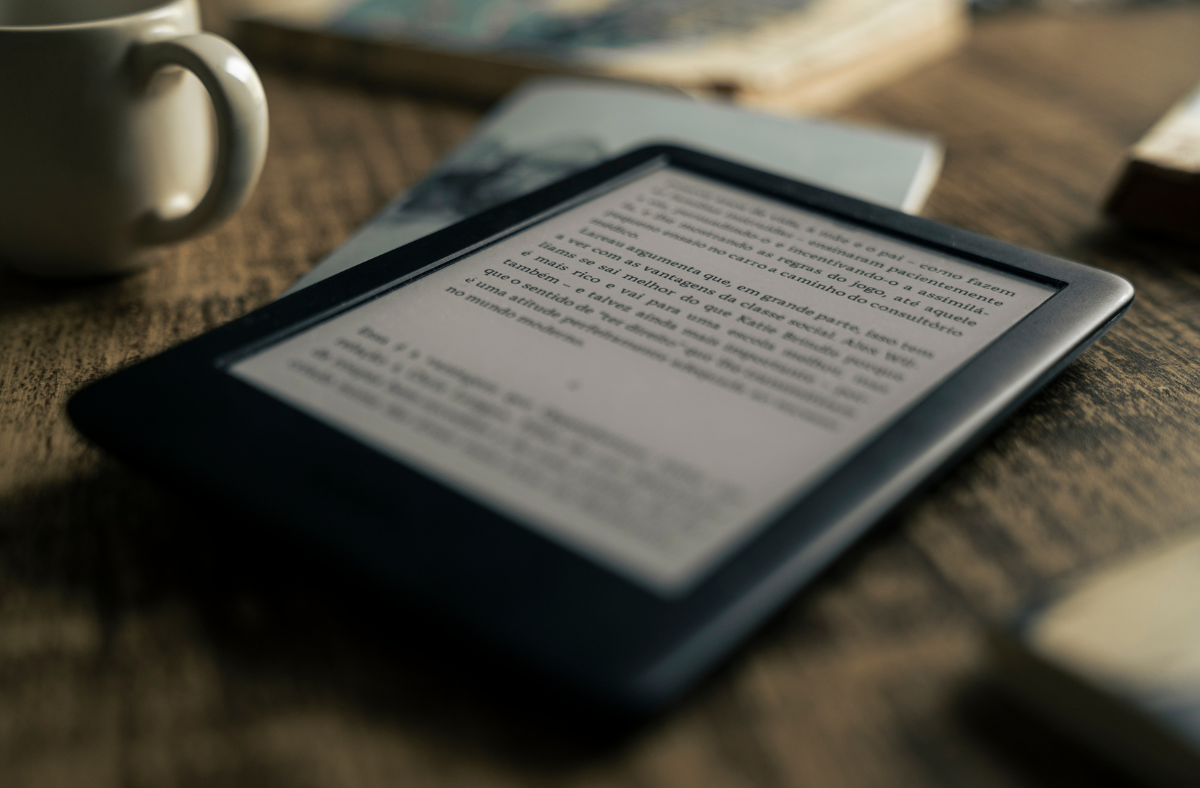Companion article to “A Library in Your Pocket,” which shares “the latest from Libby.” Libby, the best-known app for accessing public-library e-books, has recently added new features to improve app performance, simplify Libby book club programs, and otherwise make it easier to explore new and sometimes challenging stories.
October is Halloween month. Think “scary territory.”
October 4–11 is Banned Books Week. Think “unease about different points of view.”
October 13 is a federal holiday called—depending on traditions and preferences—Columbus Day, Indigenous People’s Day, or Discoverers’ Day. Think “discovering new horizons, new ideas, and new diversity.”
What do inclusiveness, discovery, and daring ventures have in common? They all can be explored through libraries—and library apps.

What the Apps Are Doing
(Thanks to Amy Barry, BridgingApps’ Digital Marketing Lead, for assembling the following list.)
Technology is helping more people access books in ways that work for them. Several free reading apps have recently rolled out updates that support accessibility, inclusion, and personal choice.
- ElevenReader is a popular text-to-speech reading app that boasts “ultra realistic AI voice narration,” and includes a “support indie authors” section for “up-and-coming” works. The app has recently introduced tools that make it easier to listen to books and navigate using your favorite voice.
- Hoopla is a favorite with audio-material borrowers (though it also loans visual and audiovisual media, including graphic novels). “About Hoopla” tutorials are included. Hoopla continues to expand its library and to offer instant access without waitlists, supporting readers who want to discover titles that may not be available everywhere.
- Kindle, the popular e-book app, has recently introduced text-to-speech with word highlighting. Other new features include: spacing options for easier reading, and settings to block unwanted ads.
All these updates, many of which involve assistive technology, help ensure that everyone has the chance to read freely, comfortably, and without barriers. Which helps keep us all aware that open access to books is priceless.
If you already have a library app, make sure it’s updated to the latest version. If you don’t have one, trial one this week!
Action Item: Explore New Reading Territory
Your mission, should you choose to accept it, is to read a good book you wouldn’t normally put on your list. Ideally, something written from a culture/worldview contrary to your own. The goal is not to change your opinion, but to see the world from someone else’s perspective; to find value in different ideas; and to recognize that everyone has legitimate concerns and contributions.
A “good” book, one worth reading, is one that:
- Has gotten positive reviews from a variety of sources, especially major periodicals and professional librarians.
- Is endorsed by someone with professional credentials (e.g., a recognized author, scientist, doctor, or educator).
- Is soundly researched—not just the author’s opinion, and not just information compiled from dubious online sources.
- Draws on the author’s personal experience. This doesn’t always mean a memoir or other nonfiction: much of the best fiction is written from cultural viewpoints. Try a search for “disabled/BIPOC/international/LGBTQ/etc. fiction authors.”
You could also try a new-to-you reading format: e.g., an audiobook or graphic novel if you’ve always stuck to “traditional” books.
And remember: Don’t ever be afraid of what you don’t understand!
Additional Library/Reading Apps

